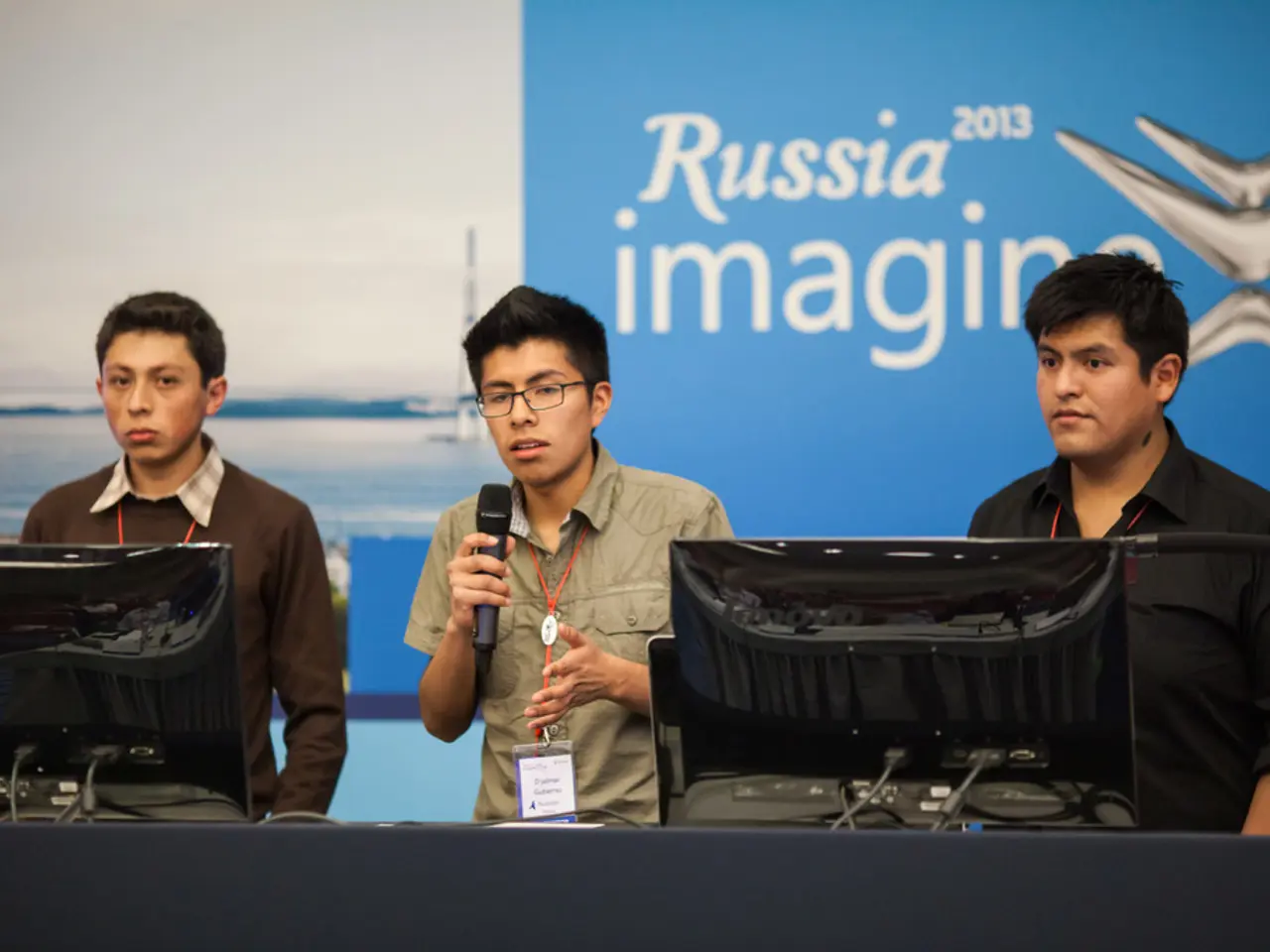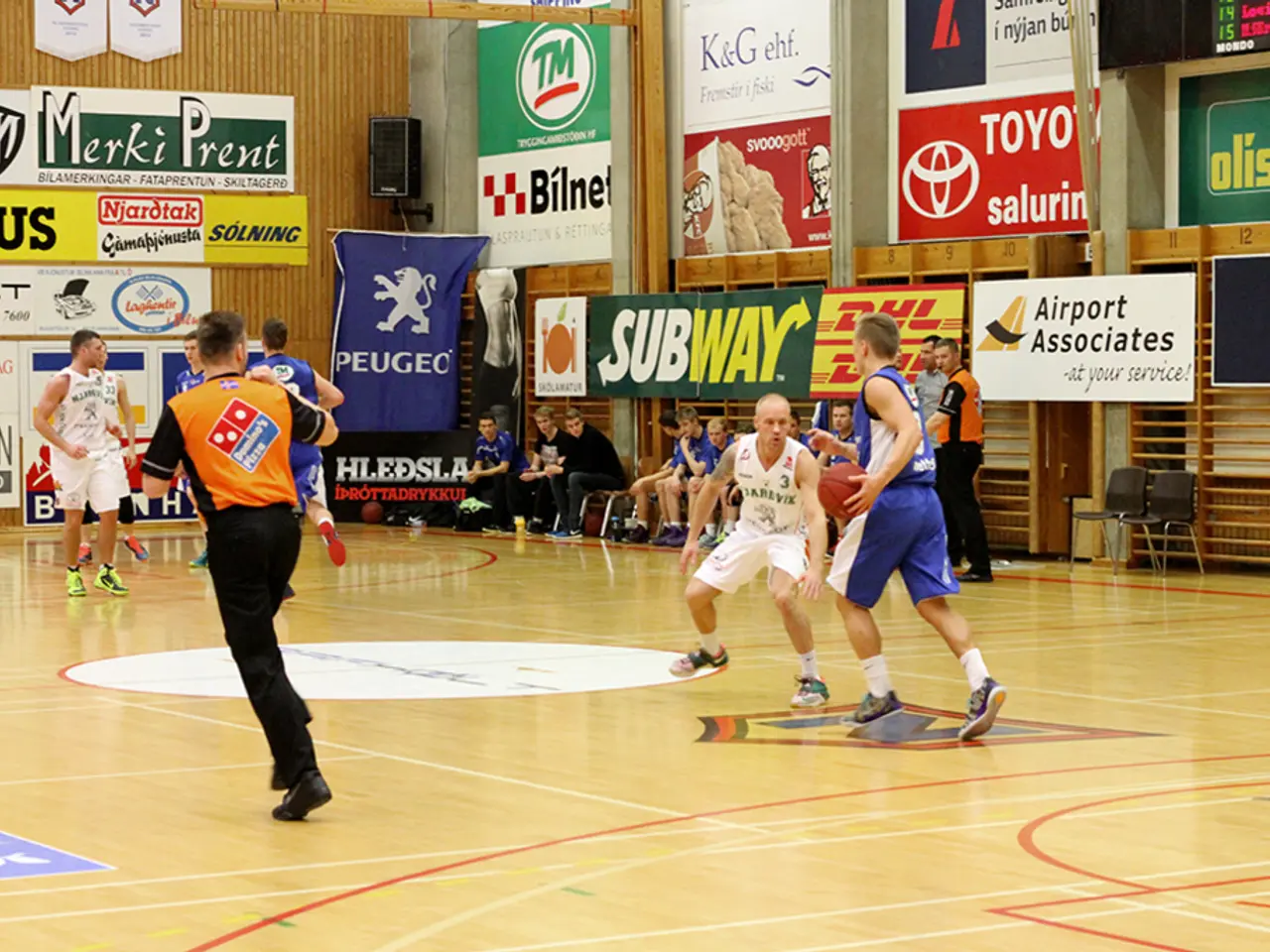Foreign software prohibition imposed on Russian officials
Russia has taken a significant step towards bolstering its domestic technology sector and regulating cryptocurrencies. On November 20, 2015, Russian Prime Minister Dmitry Medvedev signed Governmental Order No1236, which bans government entities from using foreign software if a Russian alternative exists, effective January 1, 2016.
The regulation was decided during a meeting with Deputy Prime Minister and Chief of Staff Dmitry Grigorenko, and Finance Minister Anton Siluanov and the Bank of Russia were also present. Nikolay Nikiforov, Minister of Telecom and Mass Communications, stated that the measure is intended to strengthen the Russian tech industry. He also predicted that tens of billions of rubles will be annually used for the development of the country and improvement of the life quality of citizens with the implementation of this measure.
In a related development, the Ministry of Telecom and Mass Communications of the Russian Federation will establish a register of "Russian" software. To qualify as "Russian" software, the software must be owned by an entity with no less than 50% Russian shares. Licensing fees paid to foreign right holders cannot exceed 30% of revenue for "Russian" software.
A new bill in Russia's parliament would allow the government to designate media outlets, journalists, bloggers, and social media users as 'foreign agents'. The bill, if passed, would not censor the content of these designated 'foreign agents', but it would require them to disclose their funding sources and foreign ties.
In a separate development, Kaspersky Lab, a Russian security software producer, has filed a U.S. federal lawsuit to overturn a Trump administration ban on the use of its products in government networks. An open letter from Kaspersky Lab states that the U.S. Department of Homeland Security failed to provide the company with a fair hearing before the ban was implemented.
The regulation of cryptocurrencies in Russia is intended to provide transparency and prevent illegal activities. The Russian government has also approved a concept for the regulation of cryptocurrencies, although the specifics of this regulation have yet to be announced. However, it has been clarified that the regulation will not ban cryptocurrencies, but it will not allow for anonymity in their use.
For more information, you can find the news at http://government.ru/dep_news/20650/, http://www.cnews.ru/news/top/2015-11-17_dmitrij_medvedev_vvodit_zapret_na_inostrannoe, and http://www.themoscowtimes.com/business/article/russia-restricts-use-of-foreign-software-in-battle-for-information-sovereignty/550106.html.
[1] https://en.wikipedia.org/wiki/Ukrainian_Cabinet_Resolution_No._1236 [2] https://www.understandingukraine.info/ukraines-cabinet-of-ministers-adopts-resolution-1236-on-the-procedure-for-issuing-entry-permits-to-ukraine-for-refugees/
- Russia's policy-and-legislation, including Governmental Order No1236, aims to bolster its domestic technology sector and regulate cryptocurrencies, with an emphasis on bolstering the Russian tech industry and preventing illegal activities in crypto use.
- The politics surrounding software development in Russia has seen the establishment of a register for "Russian" software, with regulations stipulating that software must be owned by entities with at least 50% Russian shares, and licensing fees to foreign right holders cannot exceed 30% of revenue for "Russian" software.








